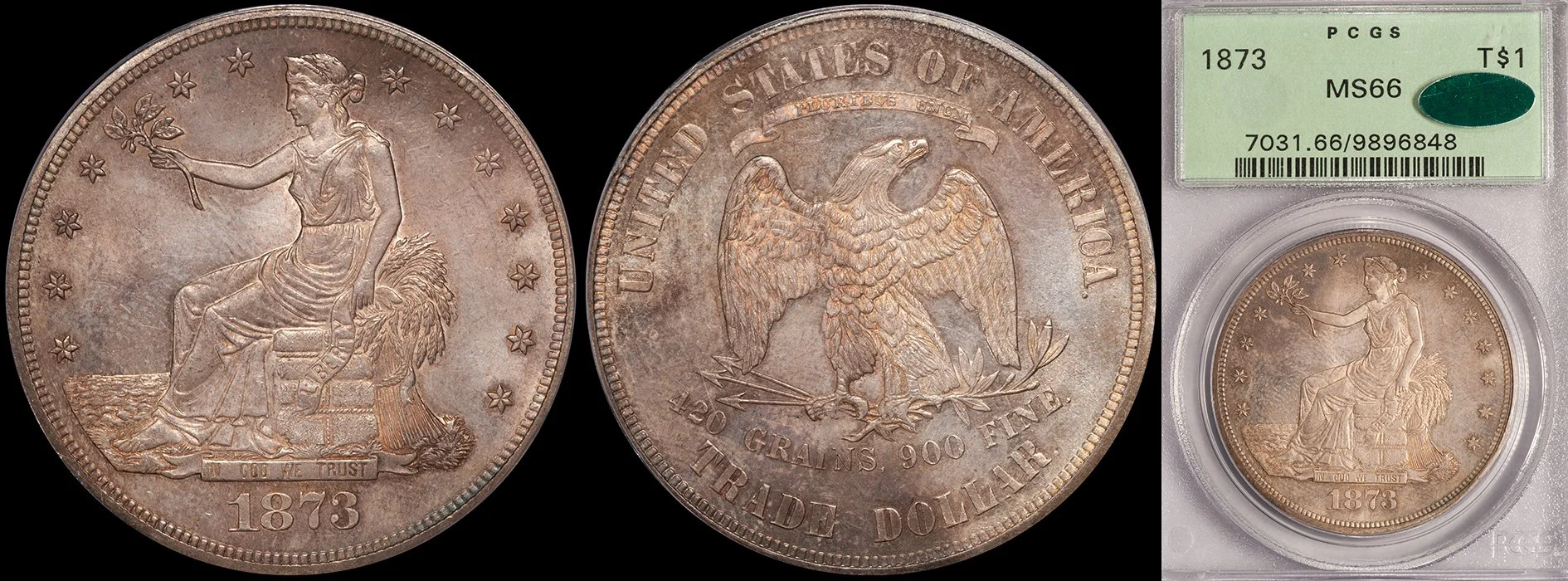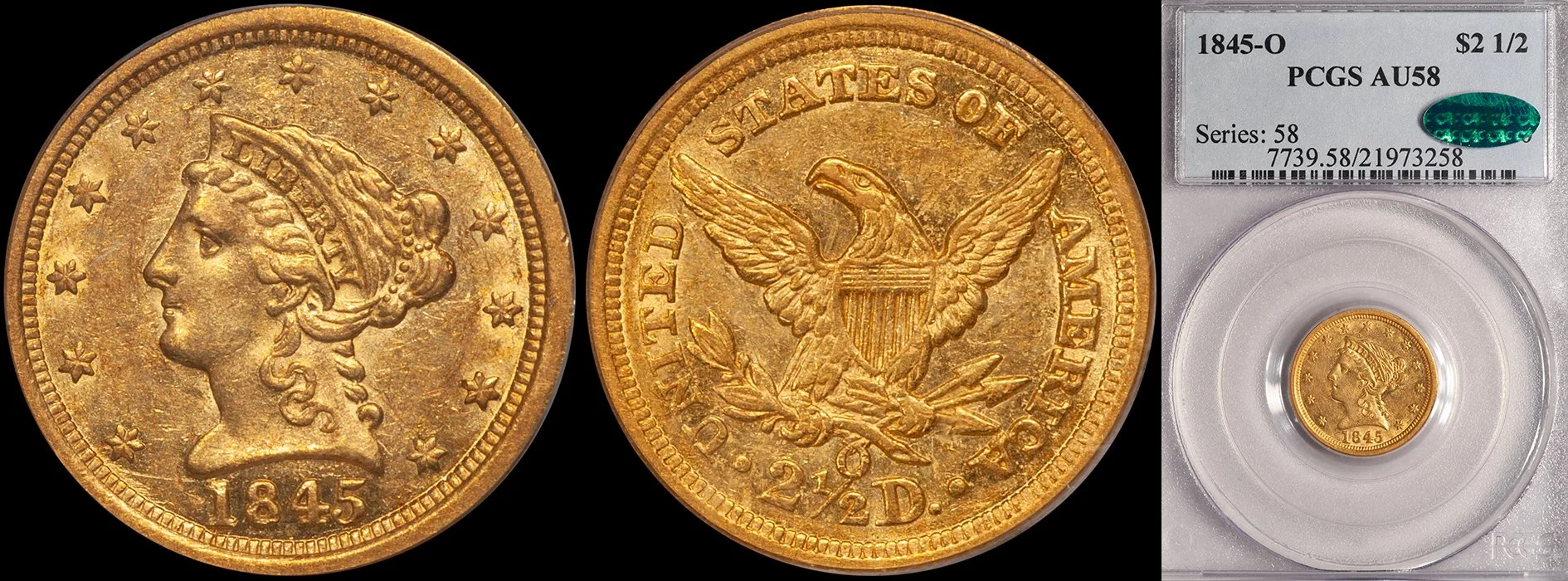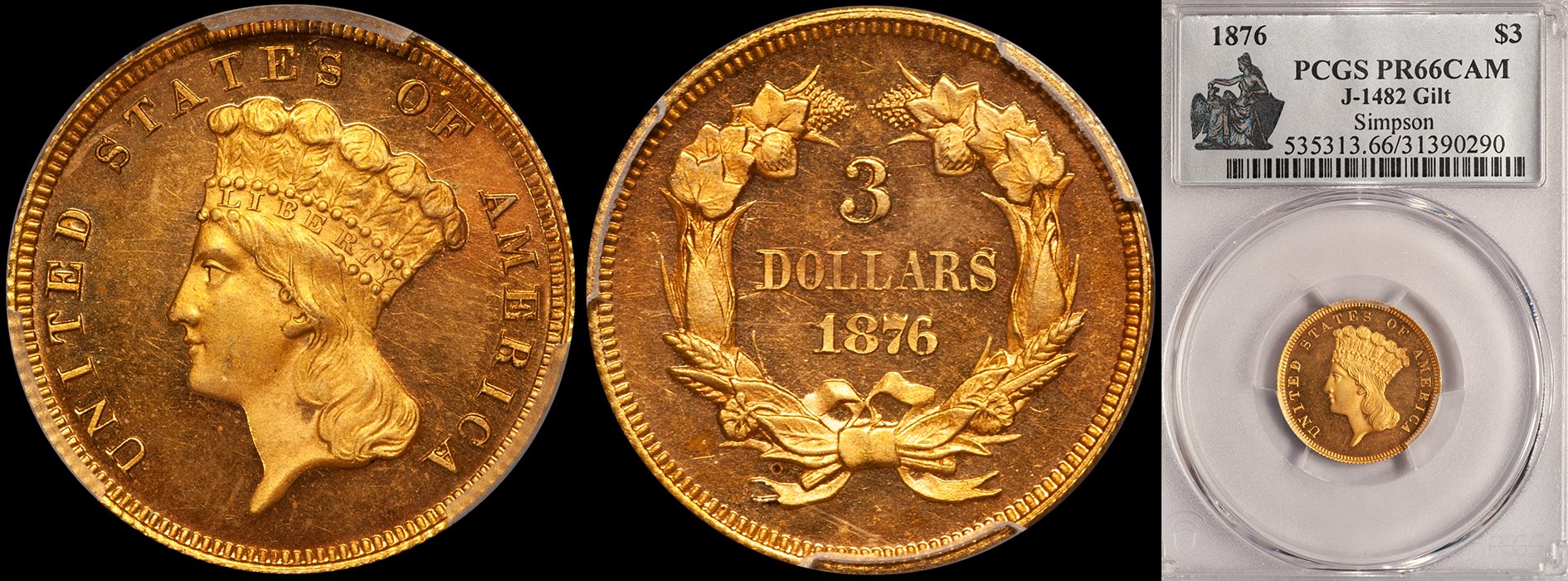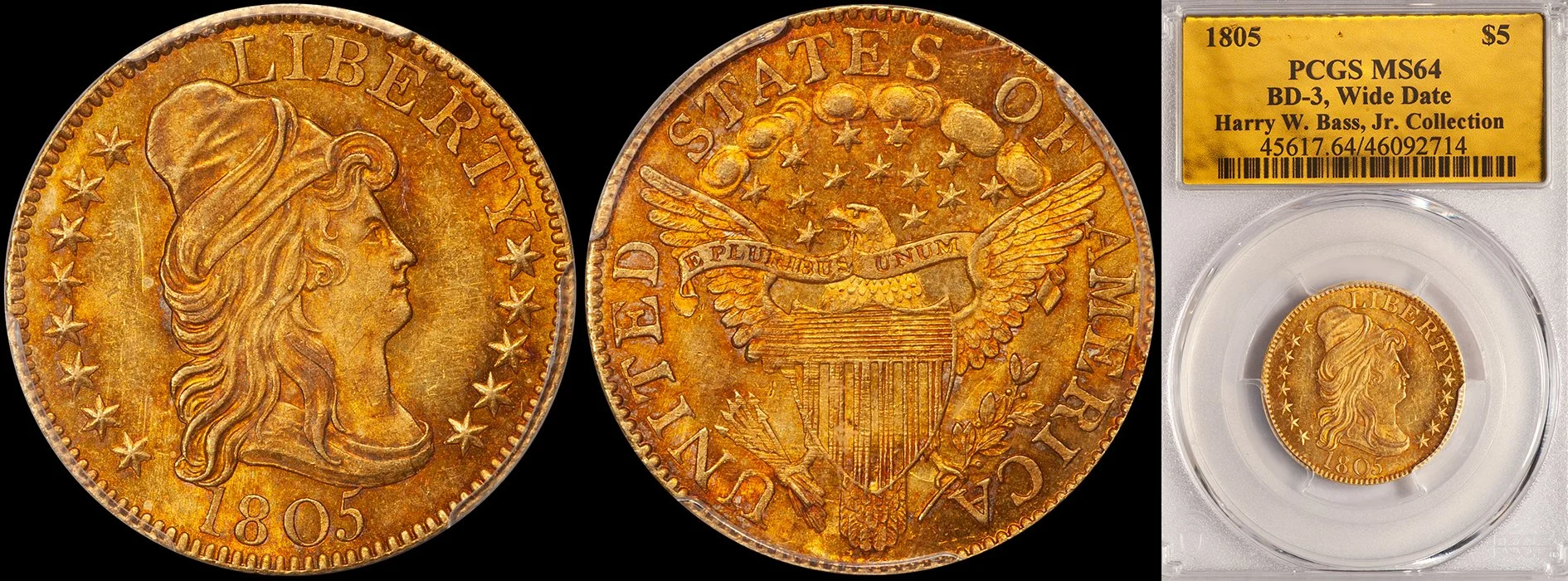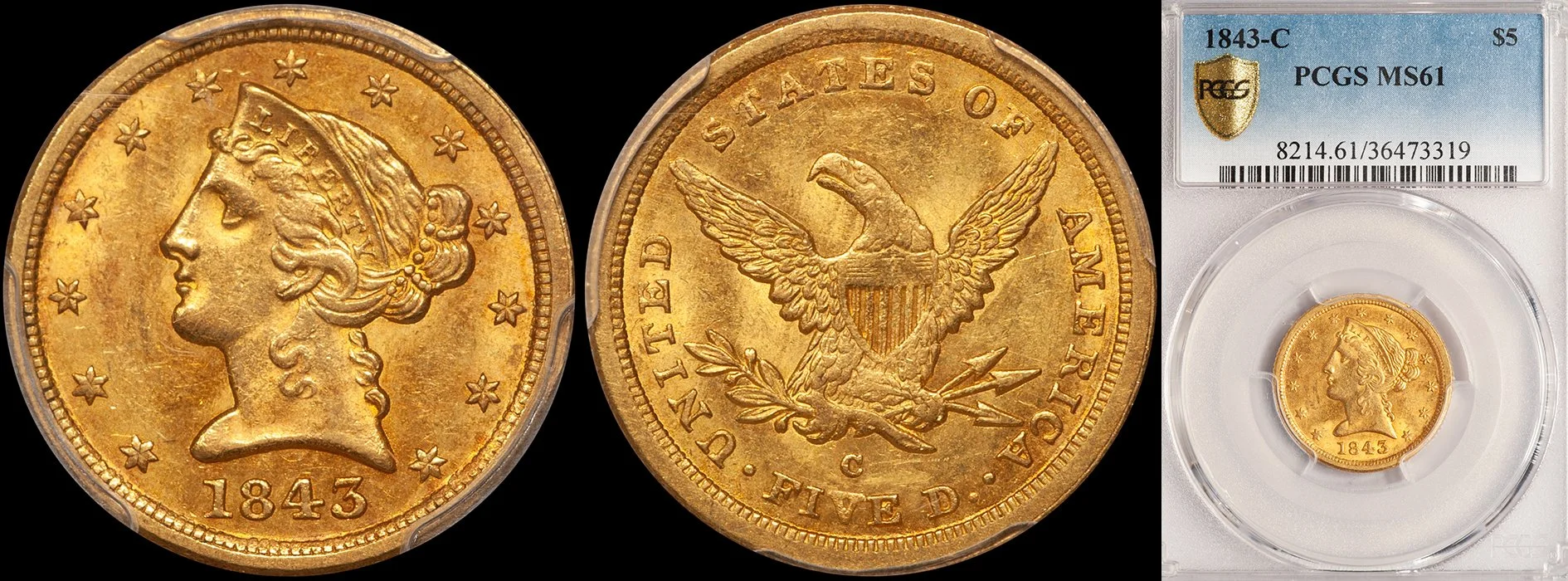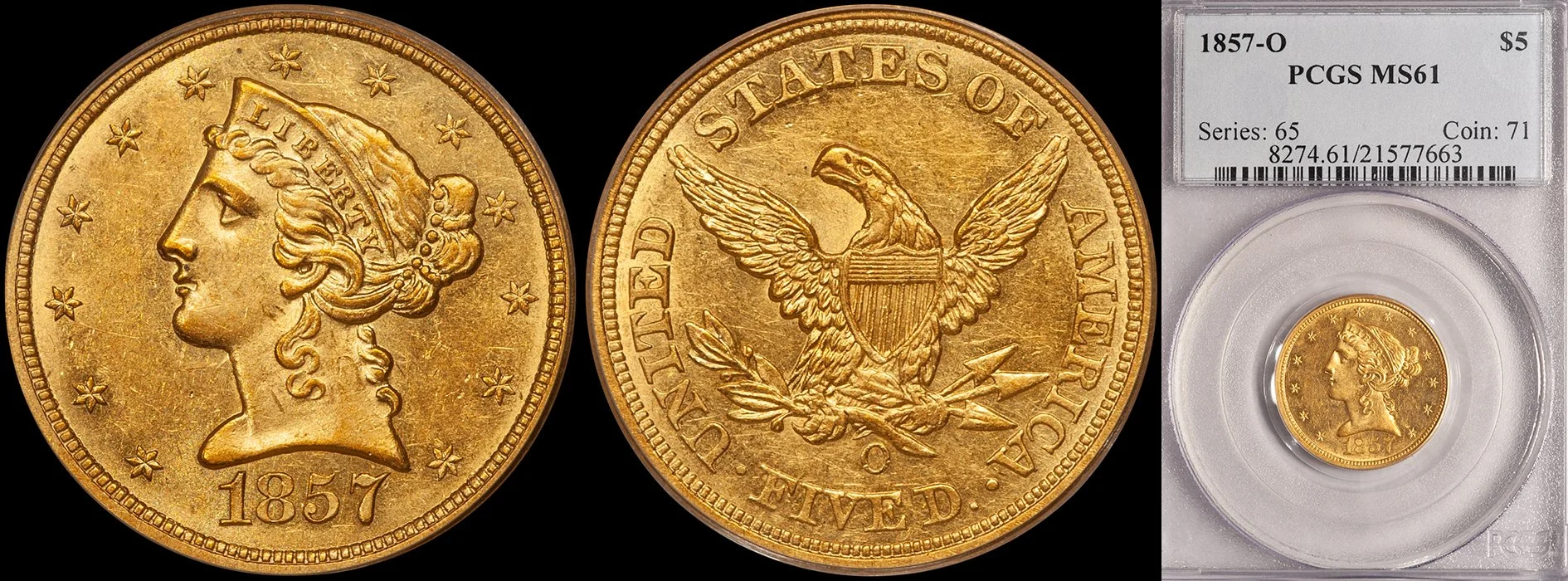The Two Types of Coin Collectors
/In my day-to-day dealings with collectors, I note at least two distinct typologies. First, there is the collector who has either been buying coins since he was a child, or who was a collector as a kid and has since rekindled his early romance with numismatics. And then there is the newcomer who is generally introduced to coins through precious metals/bullion/modern coins. The lifetime collector versus the precious metals advocate. Which is "better?"
My answer to this question is simple: neither is "better." And I think both schools can learn a little something about coins and the coin hobby from each other.
Whether you choose to admit it or not, financial considerations should enter into every transaction that you the collector makes. A true collector might not worry about paying an irrational amount of money for a much-coveted coin, but every purchase should be considered for its long-term implications. I've seen dealers write comments to the effect that "it doesn't matter what you pay for a great coin; the market always takes care of high-quality purchases." I think this is a self-serving comment and I think that price considerations are, in virtually all cases, important.
In other words, the dyed-in-the-wool collector sometimes needs to think more like an investor and consider what the upside and downside is for his purchases.
Since the 1980's and the era of coin telemarketing, many people have been introduced to numismatics by a simple three step process: 1) buy gold, usually in the form of bullion, 2) be converted or up-sold to semi-numismatics, usually in the form of St. Gaudens double eagles or, lately, Proof American eagles, and 3) become interested in rare coins and start a collection (or a random assortment) of numismatic coins.
Given their backgrounds as investors, these individuals need to think a bit more like collectors.
It's kind of a cliche, at this point, to write this but in my long years of experience in numismatics, the collectors that I see who are the most successful are a hybrid of collector and investor. And the ones that are the most unsuccessful are the ones who approach numismatics strictly as an investment.
Any sort of hobby, whether its crochet, yoga, or coin collecting, is made more enjoyable when it is approached with passion. In the case of numismatics, this means learning about coins, learning about the market, and becoming familiar with the buying and selling process. Coin buyers who see nothing more than market cycles and who study the CU3000 index more than the latest auction catalog and not going to get the fulfillment (emotionally or financially) that the old-school collector derives from his coins.
One of the great things about today's world is the accessibility to information that we all have. If I were writing this same blog ten years ago, it would be hard for me to tell an investor to go online and read a lot about rare coins to become a more confident buyer. Today, there is a tremendous amount of information available.
What can the investor do to orient himself more like a collector? Obviously, the first answer is to do as much due diligence as possible. Read. Learn about the market. Choose a reputable dealer. Become a specialist. Become as familiar as possible with the concept of eye appeal and comfortable with the basics of grading.
What can the collector do to think more like an investor? Learn not to make purchasing decisions based entirely on emotions and learn the concept of buying and holding. Study the ups and downs of the coin market and learn to buy at the bottom or middle of the cycle and not at the top. Become aware of who to buy the best coins from at the most reasonable prices.
I find that as the years pass, the pure collector becomes more of a collector-investor and the pure investor becomes more of an investor-collector. Ultimately, the "twain does meet" (sort of) and these two types have more common ground that you might actually believe.

